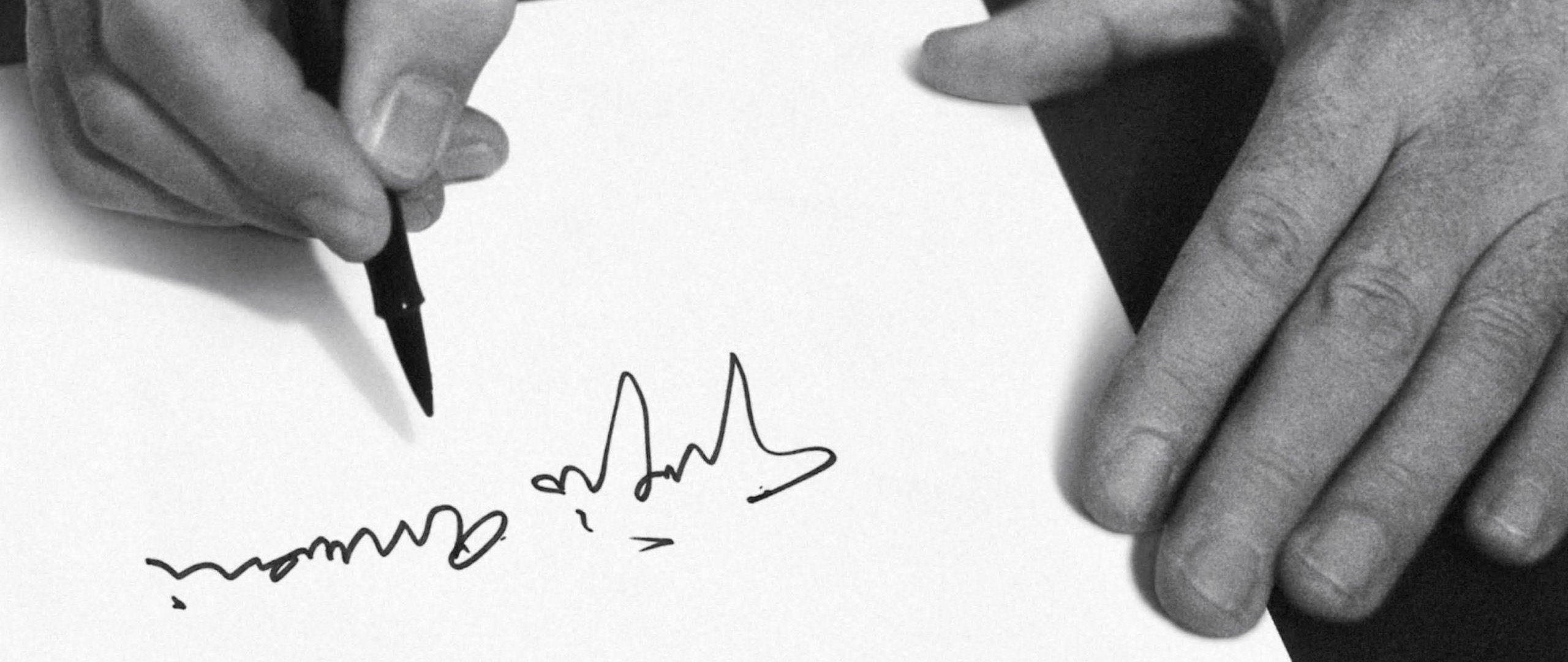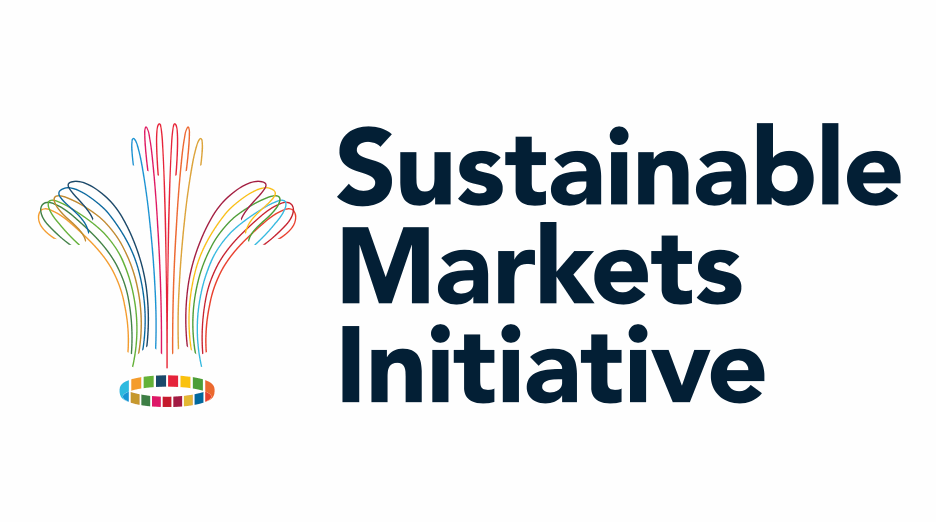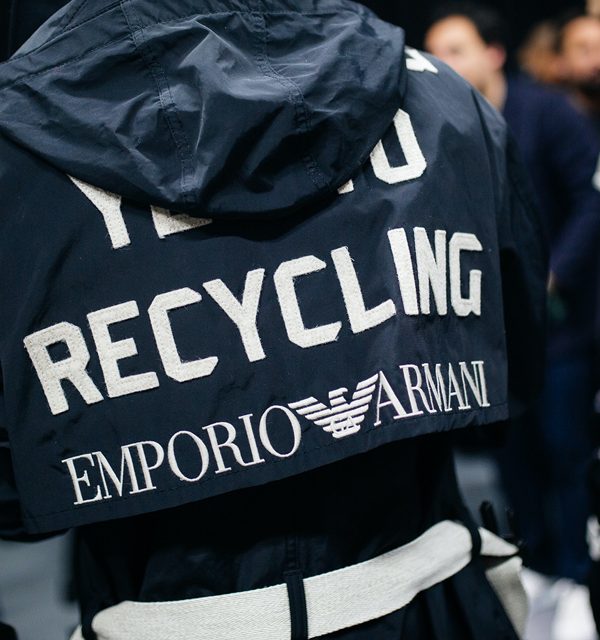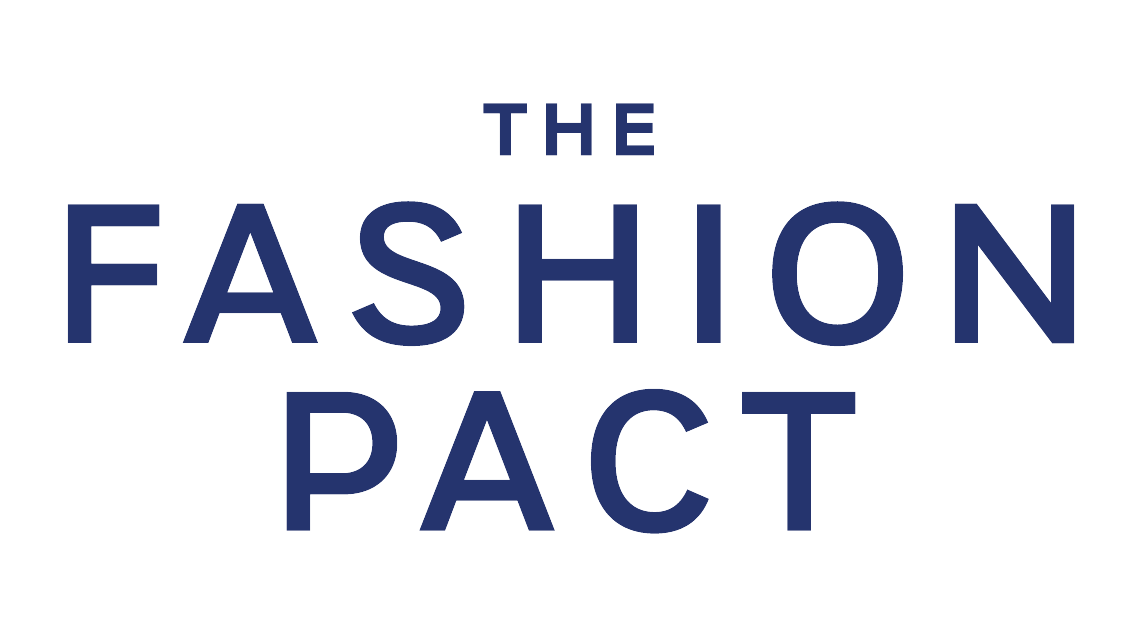

International agreements and
working groups

Since 2023, the Armani Group has collaborated with One Ocean Foundation, the non-profit organization dedicated to protecting marine ecosystems and promoting a sustainable blue economy. Through this partnership, the Armani Group contributes to the preservation of the oceans, afflicted by serious problems that endanger this vitally important ecosystem, such as plastic pollution, overfishing, acidification and loss of biodiversity

Since 2023, the Armani Group collaborates with Monitor for Circular Fashion, a multi-stakeholder project involving leading companies in the fashion industry and players in its supply chain with the main objective of identifying circularity Key Performance Indicators (KPI). SDA Bocconi’s Sustainability Lab is the project’s scientific partner.
The project rallies virtuous businesses and encourages circular fashion’s best practices, promoting technical, managerial and scientific skills with the goal of contributing to the transition towards circular business models.

Since 2023, the Armani Group collaborates with Monitor for Furniture Pact, a multi-stakeholder observatory in which leading companies in the furniture sector and players in the supply chain take part in the scientific contribution of the SDA Bocconi Sustainability Lab with the aim of supporting companies in the wood-furniture supply chain towards the adoption of even more sustainable management models, enhancing the path started by various players over the past few years. The project’s approach is collaborative and aimed at strengthening existing initiatives, while promoting innovation and environmental and social responsibility within the supply chain.

Since 2022, the Armani Group has adopted the use of WageIndicator’s Living Wage Benchmarks to assess its wages. WageIndicator is a global, independent, non-profit organisation that collects, analyses and shares information on Actual Wages, Minimum Wages, Living Wages, Labour Laws, Gig and Platform Work, Collective Agreements whose mission is to ensure additional labour market transparency for workers, employers and policy makers worldwide, advocating that all workers earn a fair wage under good conditions.

Since 2021, the Armani Group is a member of Textile Exchange, a global non-profit driving positive action on climate change across the fashion, textile, and apparel industry. The organization guides and supports a growing community of brands, retailers, manufacturers, farmers, and others committed to climate action toward more purposeful production, right from the start of the supply chain.

Since 2021, the Armani Group collaborates with UNECE (United Nations Economic Commission for Europe) on a pilot project implementing a blockchain technology for traceability and due diligence in the wool value chain.

The Armani Group is part of the SMI (Sustainable Markets Initiative) Taskforce, an initiative launched in 2020 by Charles, Prince of Wales, to develop a Digital system designed to inform consumers of the sustainability credentials of their garments, through the development of verifiability around what can be considered as a sustainable fashion product.

Since 2019, the Armani Group is a member of the Better Cotton Initiative (BCI) and by 2025 the Group is committed to sourcing 25% of its cotton through Better Cotton.
BCI’s mission is to help cotton communities survive and thrive while protecting and restoring the environment. In addition, farmers are trained to use water efficiently, care for soil health and natural habitats, reduce the use of harmful chemicals and respect workers’ rights and wellbeing.
BCI employs a mass balance volume-tracking system that allows Better Cotton to be substituted or mixed with conventional cotton along the supply chain, provided that equivalent volumes are sourced as Better Cotton. While this protocol makes it impossible to physically trace Better Cotton within the final product, it allows the farmers to benefit from the Armani Group’s demand for Better Cotton.

For many years, the Armani Group has actively collaborated with the Camera Nazionale della Moda Italiana (CNMI) and participated in its programs. In 2016, the document “Guidelines on the eco-toxicological requirements for articles of clothing, leather goods, footwear and accessories” was drawn up. It laid out plans to progressively reduce the Group’s use of chemical substances in the supply chain.
In 2018, the “Guidelines on the eco-toxicological requirements for chemical compounds and industrial waste from manufacturing companies” was published.
Since 2018, the Group has also taken part in CNMI’s Commission on Public Sustainability. In collaboration with the Fair Wage Network, the commission launched a pilot project to map out the salaries and working conditions in the supply chain of the Italian luxury sector, by conducting a survey of 45 select suppliers. In 2020, the project’s results were published in CNMI’s “Report on Public Sustainability: a survey on wage practices amongst luxury fashion suppliers in Italy”, along with a road map that aims to promote the adoption of fair wage practices throughout the supply chain.

